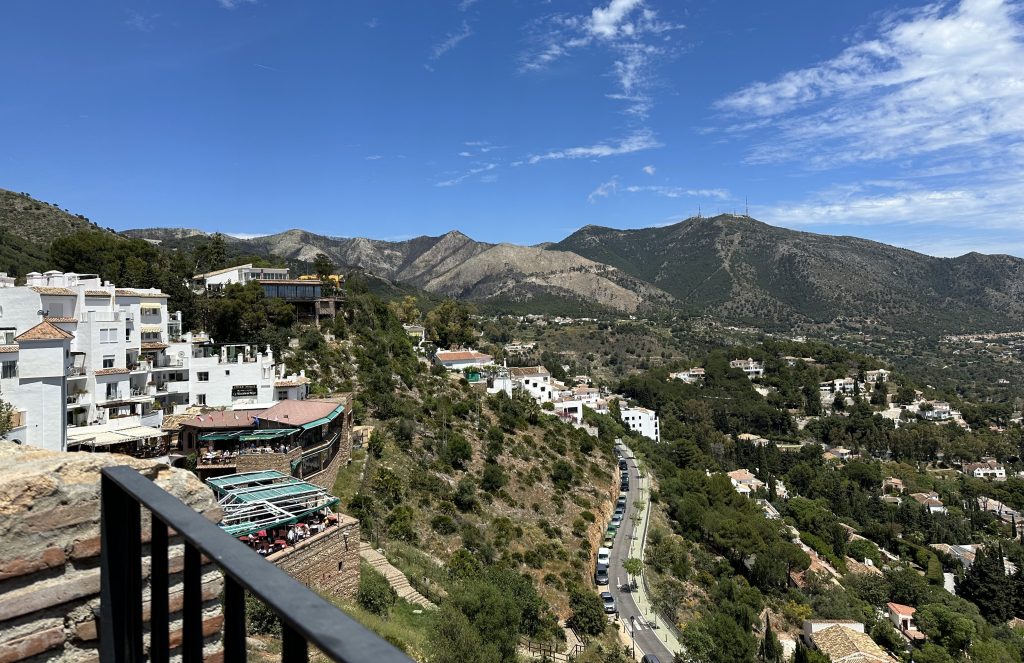It’s easy to romanticize travel but wandering the world is not without its challenges.
Airbnb exploitation is leaving locals priced out of their own housing markets.
Battles between taxi and Uber drivers — looking at you, London — are heated.
Planes coming apart in midair — I mean, can anything be more of an incentive to stay put?
And venturing into another country can be humbling, especially when you realize you know so very little about its people even though they seem to know so very much about yours.
But, for many, the return on the investment of time and money and hassles is priceless. Travel introduces us to all kinds of newness, but it also helps us better appreciate the familiar.
As a new season of adventure begins, I’d like to share one idea that I’ve come to understand about people everywhere. Simply put, there’s no place like home. My home, your home, their home.
My husband and I are fortunate to have learned this first hand. We’ve been to Canada, Mexico, Hawaii, most of Western Europe and most of the Caribbean. We recently returned from a trip to Costa del Sol, Spain, that included a visit to Morocco, at the northern tip of Africa.

All along, we’ve noticed this common theme: From Switzerland to Barbados, the people we’ve met have expressed how very much they love their country, and want us to love it too.
They acknowledge their troubles, marvel at their accomplishments and rave about their food. And they want us to understand and appreciate that love.
Granted, tour guides, concierges and even restaurant owners are ambassadors for their homeland. They are in the hospitality business, after all. Promoting their culture is a way of promoting their livelihood.
But the patriotism seems to run deeper than the pursuit of payment.
“Enjoy, enjoy,” said the host at Restaurant Vandalucia in Tangier, as he explained each of the 20 or so dishes spread before us. We couldn’t come close to finishing the feast, and he seemed hurt. But when we told him we’d sampled everything and asked about particular spices and cooking methods, he answered with pride.

Once, at a soap shop in Marseilles, France, the owner asked if I loved his country. I said, “Oui.” Then he asked if I knew the national anthem. My love for the movie “Casablanca” kicked in and I began, “Ba bomp ba bomp, bomp, bomp, bomp, bomp, ba bomp.” He beamed and sang along.
On the drive up to Ronda, Spain, our driver told us how much he missed his homeland of Romania. We immediately asked how far his family was from Dracula’s castle. “About an hour,” he said, chuckling at the familiar obsession with the bloodthirsty count. “Transylvania is beautiful,” he said. “You should visit.”
Tour guides not only want you to be impressed, they want you to learn and retain with the same vigor that they keep up with what’s happening in the United States.
Our guide at the Alhambra in Granada, Spain, presented us with information and then immediately tested our retention. “Look at this room and show me the influences that are Muslim and those that are Christian,” she said. When we answered correctly, she radiated. When we didn’t, she repeated the lesson.
“Spanish history is important,” she said. And she is right. So is the history of every other country in the world. As we stood in the chamber where Christopher Columbus sought funding from King Ferdinand and Queen Isabela to search for a new world, I realized how very little most Americans know about other nations and how sad that is. We are all connected. Our histories intertwine and, the past has proven, the hierarchy of importance is fragile and can shift at any time.
Our guide in Gibraltar was equally enthusiastic. “We refuel ships from all over the world,” he said. Gibraltarians enjoy international importance even if their homeland is among the smallest in the world.
“You’re so lucky to be here when a plane is taking off,” he said, and then delayed our departure so we could watch the jet advance down the single runway next to the giant “Rock” that juts out into the Mediterranean.
The compulsion to promote one’s birthplace is carried out by other travelers, too.

High in the rolling hills of Mijas Pueblo, Spain, a terraced outpost rife with local Andalusian history and even a bullring, we encountered a couple from Germany. We took turns photographing each other along the stunning landscape. In English they asked if we had ever been to Hamburg. We said no. And they proceeded to tell us the best time to go and all about the wonderful sites we could find there.
They also expressed their concern over the upcoming U.S. presidential election and how the outcome will impact the war in Ukraine. All countries are important, they reminded, and all countries are impacted by what the most powerful nations do.
Years ago in Nice, France, we shared a table with a couple from Belgium. “Have you been to Bruges?” they asked. We said, “No, sorry.” “Oh, it is beautiful. You must go.” And, we did, a few years later.
Everywhere we’ve been, there has been this recurring theme of deep love for one’s country.
We know it well.
Each time we board our return flight, we are overcome with excitement because we’re heading to the very best place in our world:
Home.
Donna Vickroy is an award-winning reporter, editor and columnist who worked for the Daily Southtown for 38 years. She can be reached at [email protected].

